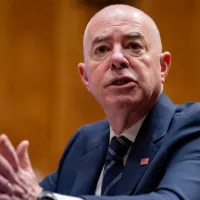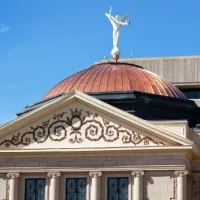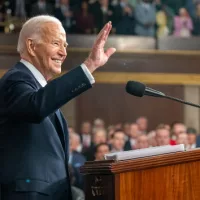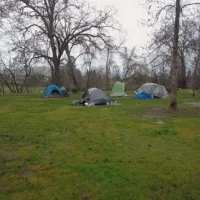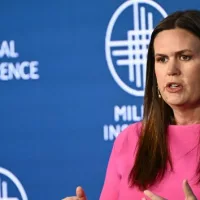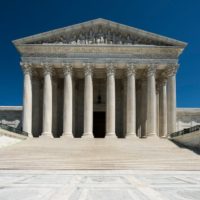
JPecha/iStockBy DEVIN DWYER, ABC News
(WASHINGTON) — President Donald Trump’s long-shot wish for the U.S. Supreme Court to adjudicate contested vote totals in several key battlegrounds has failed to materialize as state election officials move toward final certification of results in the next few days.
“The vote in Pennsylvania may well determine the next President of the United States,” the president’s lawyers wrote the justices earlier this month. “This Court, not the Pennsylvania Supreme Court, should have the final say on the relevant and dispositive legal questions.”
So far, Trump’s appeal to the high court has been met with silence.
The justices have not responded to the president’s request to join a still-pending Pennsylvania Republican challenge to that state’s tabulation of late-arriving mail ballots.
The court has also yet to formally consider the state GOP petition asking the court to toss the ballots. In order for the justices to take up the case, it would first have to be discussed at a weekly private conference and the matter has still not been scheduled.
Trump has no other Supreme Court election appeals pending or likely to reach the court before states finalize their results.
“Cases usually are accepted on an appeal if they present issues of great legal importance that must be timely decided. The Pennsylvania case may become irrelevant both legally and politically,” said Jan Baran, former Republican National Committee general counsel and longtime Republican election lawyer.
The Pennsylvania Department of State announced last week that “approximately 10,000 mail ballots” were received from the time polls closed on Nov. 3 through the Nov. 6 deadline in order to be counted. The pool of votes would not alter the apparent outcome in the state.
President-elect Joe Biden leads Trump by more than 45,000 votes in Pennsylvania.
“Like all of the lawsuits the Trump campaign has initiated or joined since election day, this case — even if petitioners were to succeed — wouldn’t change the election results,” said Eliza Sweren-Becker, counsel with the Voting Rights and Elections program at the Brennan Center for Justice.
“Bottom line, this case is a distraction from the fact that millions of American cast their votes and decided who their next president will be,” said Sweren-Becker.
The court has twice previously rejected GOP requests to block the Pennsylvania mail ballot deadline extension, but three justices last month signaled openness to taking up the case on the merits after Election Day.
“The petition for certiorari remains before us, and if it is granted, the case can then be decided under a shortened schedule,” Justice Alito wrote Oct. 28 in a dissent from the 5-3 decision, in which Justice Amy Coney Barrett did not participate.
Alito later issued an order to all Pennsylvania counties requiring them to segregate late-arriving mail ballots in case the justices decided to intervene.
“I am immediately referring this application to the Conference,” Alito wrote Nov. 6.
Despite the apparent urgency, none of the justices has moved to include the case on the court’s weekly conference list. Pennsylvania Democrats have not yet filed a formal opposition to the Republicans’ petition; that is due Nov. 25.
“My guess is that they’re waiting to see what happens with the election, and then when it’s crystal clear it won’t matter, the justices will deny [the petition],” said ABC News Supreme Court analyst and Cardozo Law School professor Kate Shaw.
Trump has publicly touted his three appointments to the court — Justices Neil Gorsuch, Brett Kavanaugh and Amy Coney Barrett — as a last line of defense against electoral defeat.
“I’m counting on them to look at the ballots, definitely,” Trump said of the justices during the first presidential debate in September.
As a tidal wave of mail-in ballots began to transform early returns on election night, Trump declared, “This is an embarrassment to our country. We’ll be going to the U.S. Supreme Court.”
Legal experts agree that once states certify their election results the prospect of a Supreme Court court intervention to adjust those totals is almost certainly foreclosed.
“We don’t need the Supreme Court undertaking action that would be perceived by many as intended to distort the final outcome of the election,” said Kristen Clarke, president and executive director of the Lawyers’ Committee for Civil Rights Under Law.
Georgia expects to certify vote totals on Friday, Nov. 20, under a deadline imposed by the secretary of state. Michigan and Pennsylvania will certify by Nov. 23 with North Carolina, Arizona and Wisconsin to follow shortly thereafter.
The justices’ next scheduled conferences are Friday, Nov. 20 and Dec. 4. No election-related cases have been listed for consideration.
Copyright © 2020, ABC Audio. All rights reserved.






